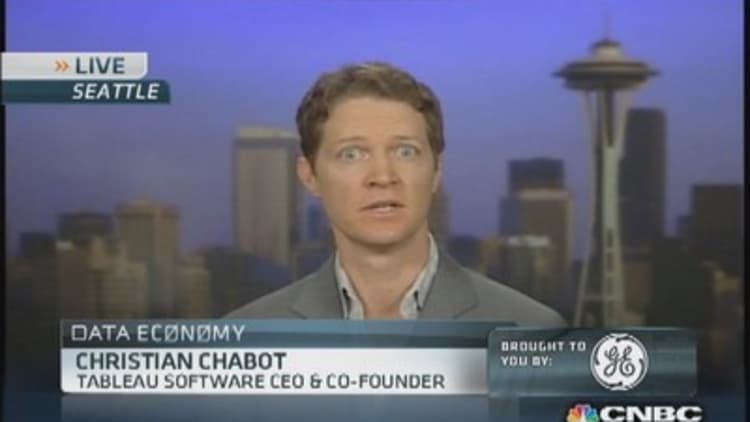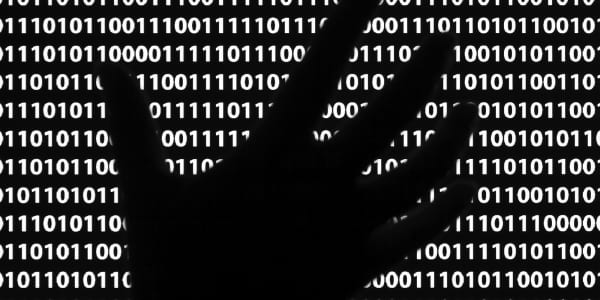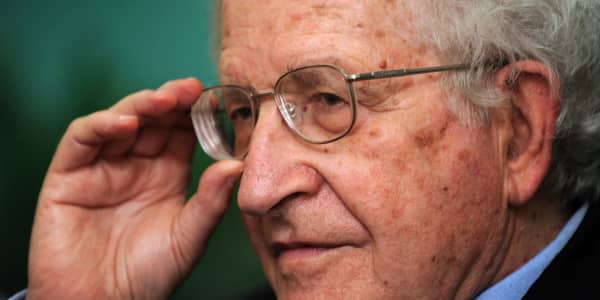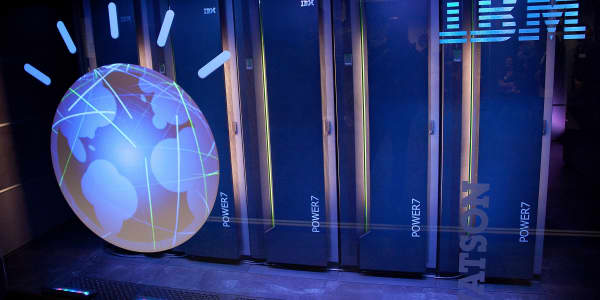Gordon Bell, 79, doesn't expect to die anytime soon. But when the time inevitably comes, his grandchildren—and, when they're born, his great-grandchildren and their children—will have an insight into his life that few descendants ever get.
For nearly 15 years, Bell, researcher emeritus at the Microsoft Research Silicon Valley Laboratory, has been painstakingly digitizing and categorizing his life, storing personal and professional moments as part of a "lifelogging" project done in conjunction with a Microsoft research program called MyLifeBits.
He has amassed a collection of more than 150,000 photos, 750,000 digitized pages of text and 20,000 emails. And though he's not pursuing the project as actively as he once was, he's still looking for new ways to use personal data to help people improve their lives and legacies.
"My real belief is that we will be able to provide an afterlife conversational avatar [at some future point]," Bell said. "There's no reason you can't have that, like one would see in Wikipedia, but have that more conversational and in more detail. … You could ask it about parts of your life and hear [stories]."
(Read more: 10 strangest data findings you need to know)
That's down the road, though. For now, the digital detritus of a life is something Bell plans to give his grandchildren. First, though, he has to sort out the personal data he has collected so far.
"I'd say probably my greatest fear is I'm not spending enough time on the organization and legacy aspects of it," he said.
These days, he's focusing on health issues, rather than the moments of his life.
"My main focus now is personal health tracking," he said. "I'm on my second heart attack, second bypass and second pacemaker. I have to be careful to make sure I exercise. So I monitor myself."
E-memory is the true memory of your life. If I read a book or article, then my e-memory has that story, but my bio-memory just has reference to the fact that it's there.Gordon BellResearcher emeritus in the Microsoft Research Silicon Valley Laboratory, and author of "Total Recall: How the E-Memory Revolution Will Change Everything"
To that end, he has swapped the lifelogging camera for a Basis Watch and Polar heart monitoring strap.
"I've been tracking that data for the past year," he said. "I try to use it to understand what's going on."
(Read more: Sexiest job of the 21st Century: Data analyst)
Multiple personality order
As he amassed his data, Bell came to realize that we live a variety of lives, which he compartmentalizes into folders. He explores the concept in "Total Recall: How the E-Memory Revolution Will Change Everything," a book about his lifelogging experiences.
There's your life with family, your life with friends, your life at work, and subset lives with people within those folders. Your memories for those break into two categories: e-memory, which is the quantifiable aspects, such as documents and pictures; and bio-memory, which can be altered by emotion and time.
"My full bottom line is the e-memory is the true memory of your life," Bell said. "If I read a book or article, then my e-memory has that story, but my bio-memory just has reference to the fact that it's there."
Bell started lifelogging as a personal project, but Microsoft ultimately backed him in his quest. It was just a fraction of the money the company spends on research and development. Last year, for instance, that totaled over $10 billion, but it did help build awareness around the company's SenseCam, which has since been licensed out to other companies.
"It was seen to be the ultimate future of what personal computing is," Bell said. "As it turns out, there are over 30 companies that have started doing some aspect of MyLifeBits that credit our work."
(Read more: 10 surprising ways companies use your private data)
The company also maintains an abbreviated timeline of his life using a visualization tool that arose out of the project.
Total recall
Beyond his own personal reasons for wanting to keep such a thorough record of his life, Bell notes that there are practical reasons, too, especially for people who may face Alzheimer's or other memory-related disorders.
By tracking and organizing a life in terms of data, people struggling to recall a moment will be able to refresh their thoughts, and gain some clarity. Bell notes he personally has no connection with the Alzheimer's Foundation, except to occasionally review research proposals, but Microsoft has worked with a memory clinic in the U.K. to incorporate the SenseCam into helping those with memory disorders.
"I've personally had a number of requests from doctors who ultimately bought SenseCams," he said. "I suggested a protocol for using an ordinary camera or cell phone and a couple of people tried it."

Of course, Bell wasn't the first lifelogger. Steve Mann was one of the first people to experiment with the idea in the early 1980s. And in the mid-1990s, Jennifer Ringley's "JenniCam" was a Web sensation as people could tune in to her life 24/7 (occasionally stumbling upon the most intimate moments). At its height, an estimated 3 million to 4 million people watched daily. Those efforts led the way for others, including Justin Kan (founder of Justin.tv) and Justine "iJustine" Ezarik.
And the trend is growing. The Quantified Self movement (of which Bell is a member) promotes self knowledge through big data. The organization has over 100 groups in 34 countries; groups in San Francisco, London and New York all boast more than 1,000 members.
(Read more: Finding Bigfoot's tracks in the forest of data)
Konstanin Augemberg, another lifelogger who tracks his life through a personal project called MeasuredMe, said he believes the knowledge he can gain through quantifying and logging his own day-to-day data can result in a better life.
"Ultimately, I would like to identify a small number of factors (e.g., length of sleep, certain ingredients in my diet, certain habits, mental and psychological states, etc.) that have the most influence on my everyday behavior, mind and psyche," he said. "By controlling and manipulating these factors, I then could optimize my life experiences."
Your soul, quantified
Bell believes people will be recording everything they see and hear by 2020. (There will be potential roadblocks with audio, he noted, as laws on the legality of recording conversations vary greatly.)
It would appear that many gadget companies agree with Bell. Companies such as Autographer and Narrative (formerly Memoto) are creating wearable, automatic cameras that snap pictures every 30 seconds—and come with searchable and shareable databases.
Narrative also is turning venture capital heads, recently closing a $3 million funding round led by San Francisco-based True Ventures. And Australian company Cognea is working to create individualized artificial intelligence.
Even social media is trending in that direction. Today, people eagerly share the banalities of their daily lives on Facebook, and the One Second Everyday project lets them keep an abbreviated visual diary of their lives.
Bell predicts the oversharing that's so prevalent today will fade along with the novelty of amassing big data about yourself and people begin to grasp that they're leaving a permanent digital footprint. At the same time, they will begin to see the value of capturing their live's moments, good and bad.
"I tell people never, ever delete," Bell said. "Even though it may be painful, you can use as a reference to something else. ... This is what personal computing is all about."
—By Chris Morris, Special to CNBC.com




